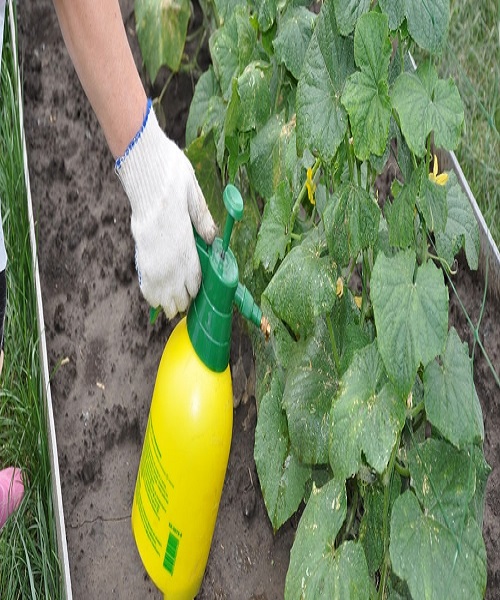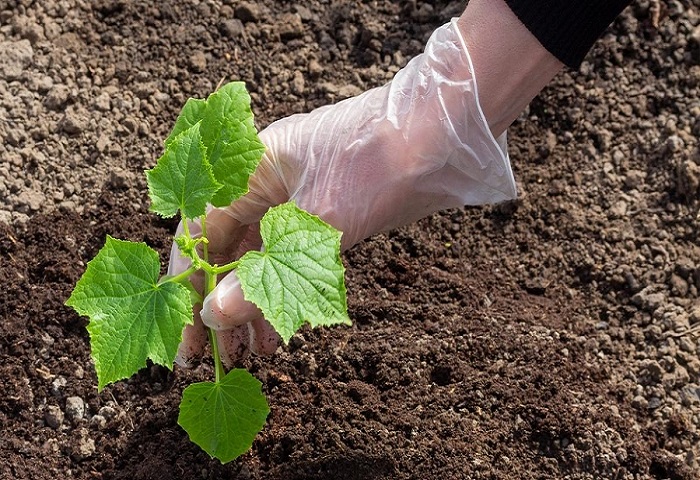Cucumbers can be easily replanted in the summer by spreading a few seeds. As a bonus, it could lead to a late-season rush of cucumbers!
Sadly, many cucumber plants begin to perish around mid-summer. Every year, the beloved vegetable plants suffer from the harsh, dry summer sun or pests and diseases, regardless of where they are being grown: traditional gardens raised beds and containers.
So, what does a gardener have to do? You may have a good harvest by the time the plants begin to perish. It’s true, however, that you won’t be able to grow any more this year.
Here’s how to start a new crop of cucumbers from seeds this summer.
Select Fast-Growing Cucumber Varieties!
Choosing cucumber varieties with a short seed-to-fruit maturity time is one of the most important factors in summer replanting success. You’ll be able to get as many cucumbers as possible out of the garden before the first frost this way.
These include Spacemaster, National Pickling Cucumber, Boston Pickling Cucumber, and Marketer. As all of these cucumber cultivars bear fruit in as little as 55 days, they are ideal for planting in the summer.
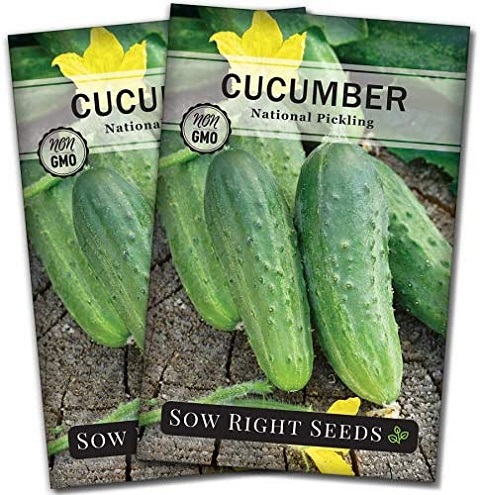
Recharge Your Soil
Preparing the soil for your new crop is highly crucial before you plant your seeds. Particularly when planting in the same soil where your first harvest of cucumbers thrived.
Compost is the quickest and easiest way to accomplish this. Add three or four shovelfuls of compost to the soil in each planting area before you begin planting your seeds. Compost is rich in nutrients, and as plants grow, it will provide them with the energy they need.
You can add half a cup of worm castings to the soil where you plant your seedlings for an even bigger boost. In addition to providing energy, worm castings also aid in the retention of moisture in the soil. Seeds germinating in the midst of summer can benefit greatly from this.
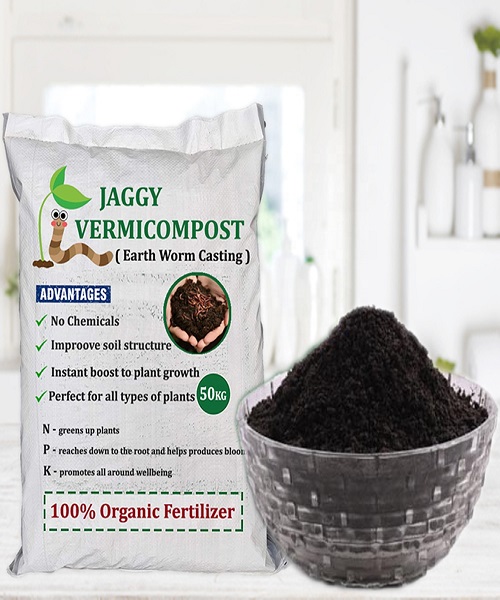
Soak Your Seeds
Before planting cucumber seeds, give them a quick soak in water to help them germinate. It’s especially important when planting in the midst of the summer when the soil is more dry than usual.
Plant your seeds in distilled or filtered water for a few hours before sowing them in the ground. It’s best to stay away from softened or municipal water. Chlorine, salts, and other compounds in either or both of these solutions can impede or even completely stop sprouting.
Once the seeds have sprouted, cover the area with mulch to help retain moisture and keep away competing weeds. The roots of cucumber plants require a lot of moisture to thrive and bear fruit, and a heavy layer of mulch will go a long way toward ensuring that they get that moisture they need.
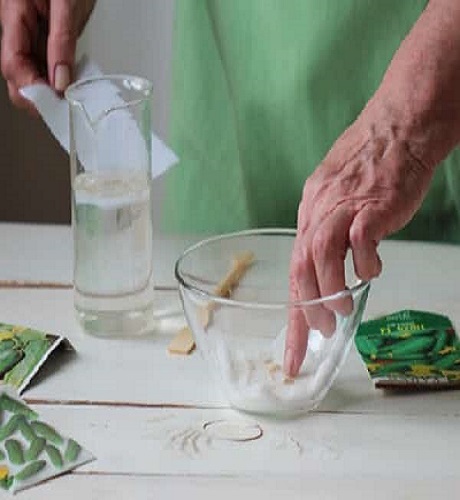
Fertilizing
Finally, fertilizing your cucumber plants in the summer is a requirement. You’ll be able to keep your plants on the fast track to fruit production while also compensating for any power shortfall in the soil.
Once a plant has sprouted, use a small amount of liquid fertilizer every two weeks to ensure the greatest results. To power plants, compost tea and worm casting tea are ideal options. If you use a commercial fertilizer, use it at half strength so you don’t overpower the plants.
